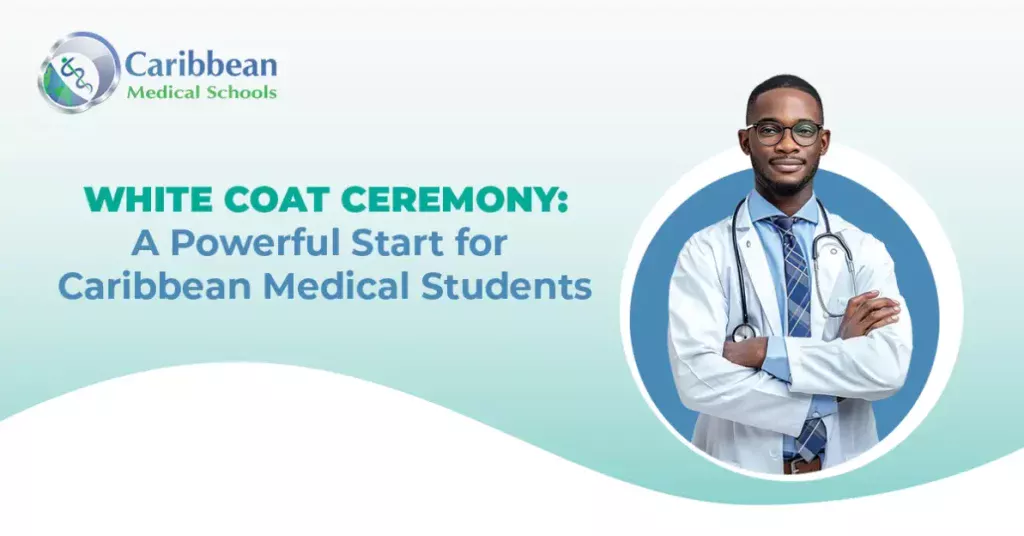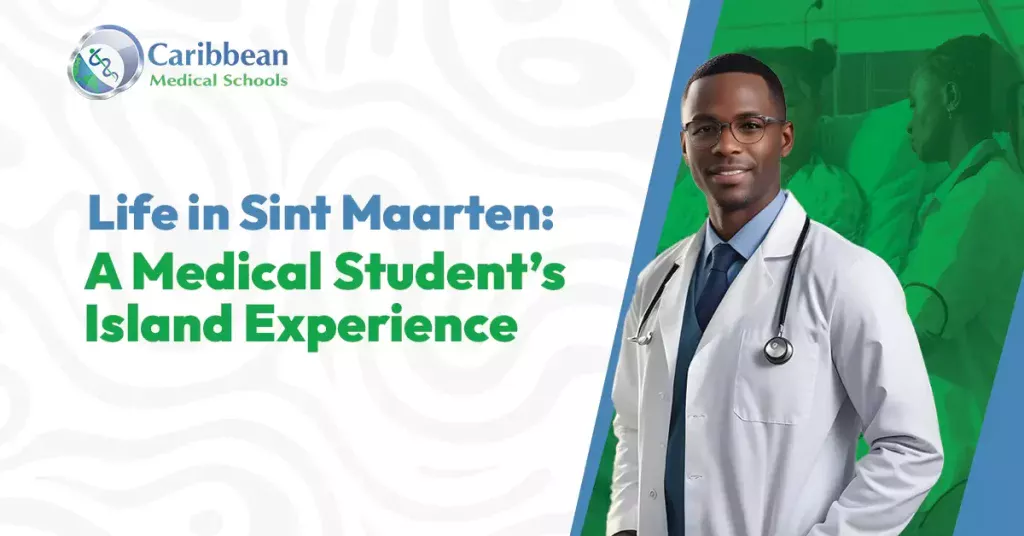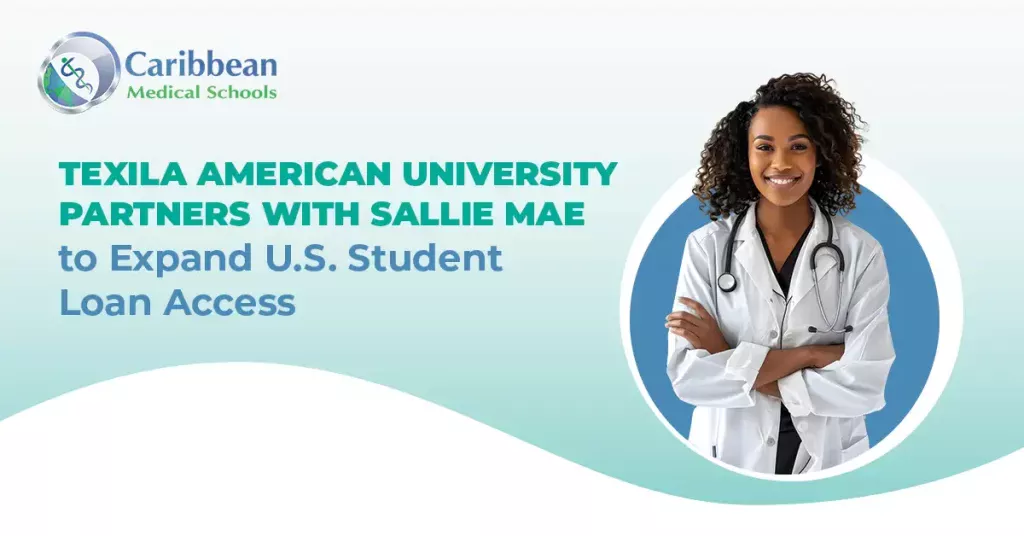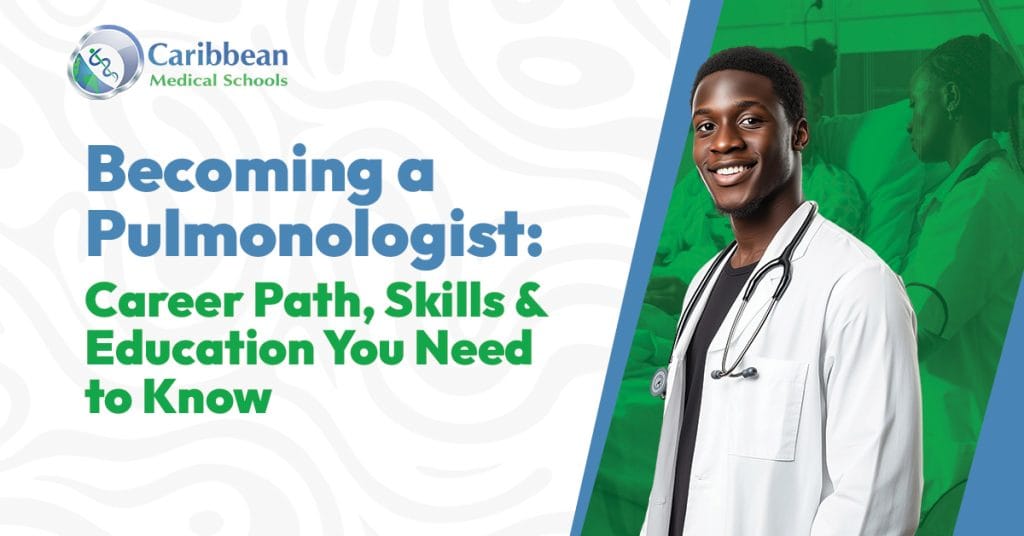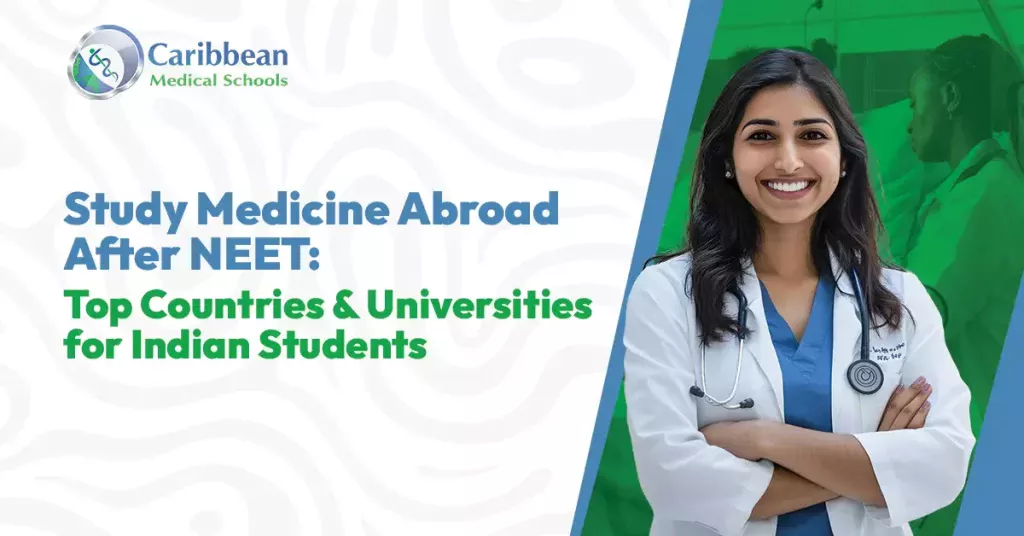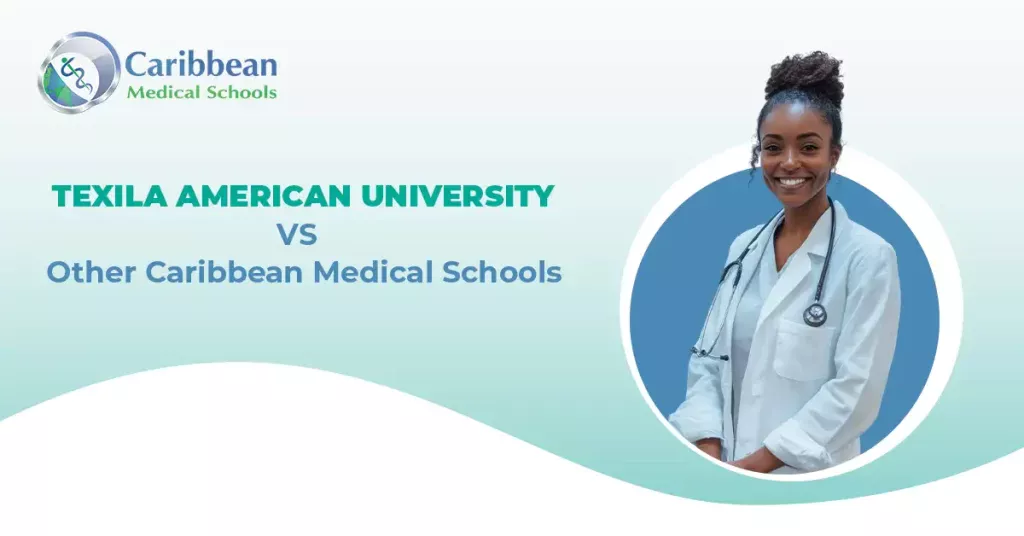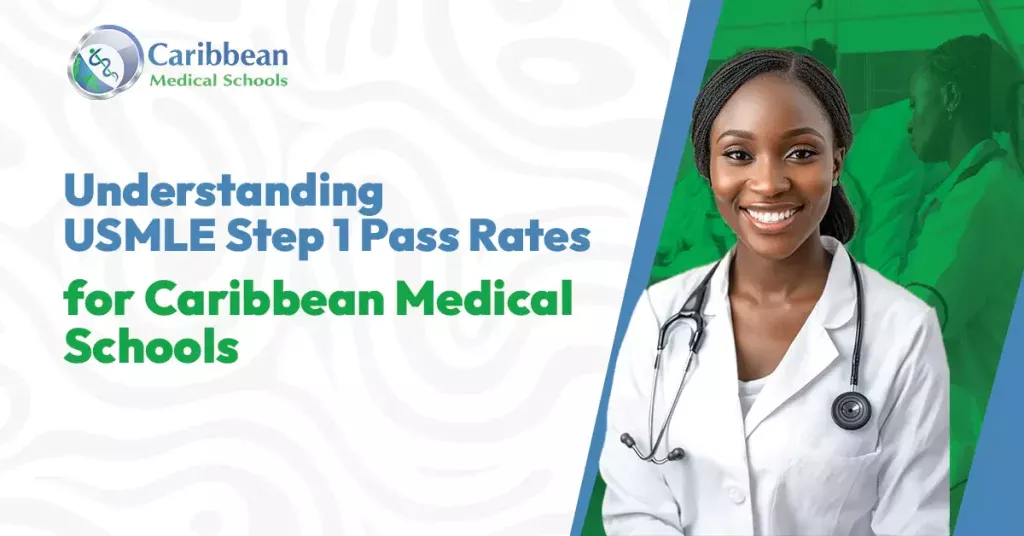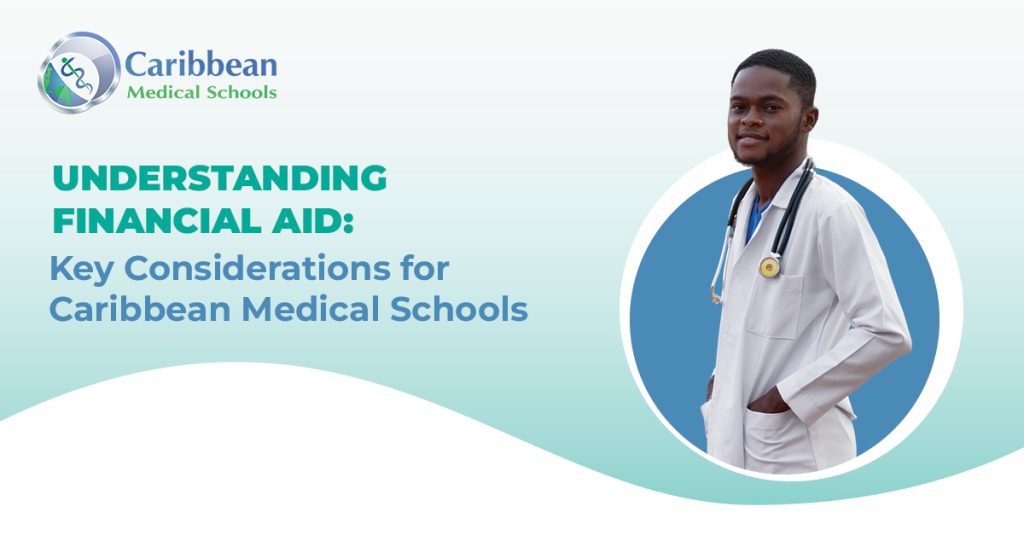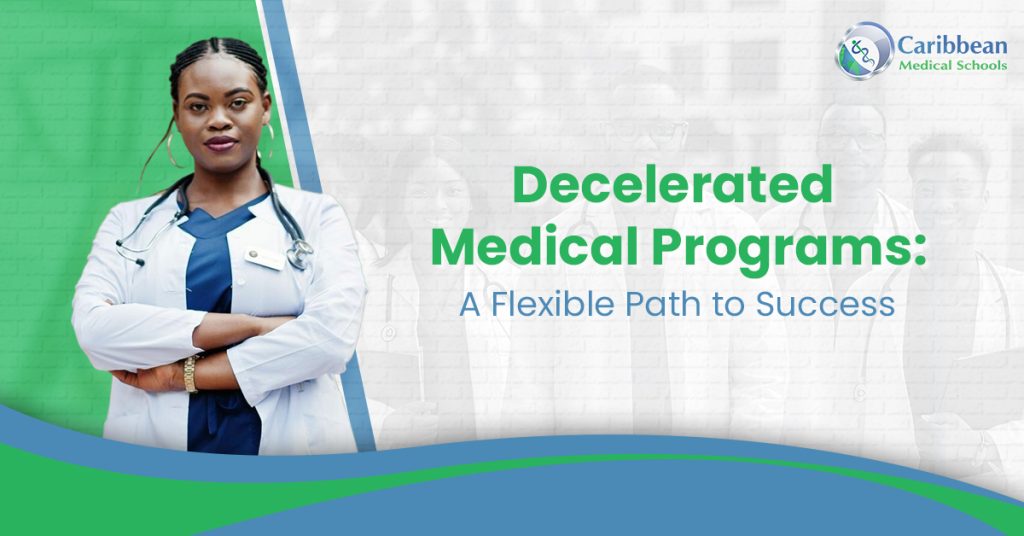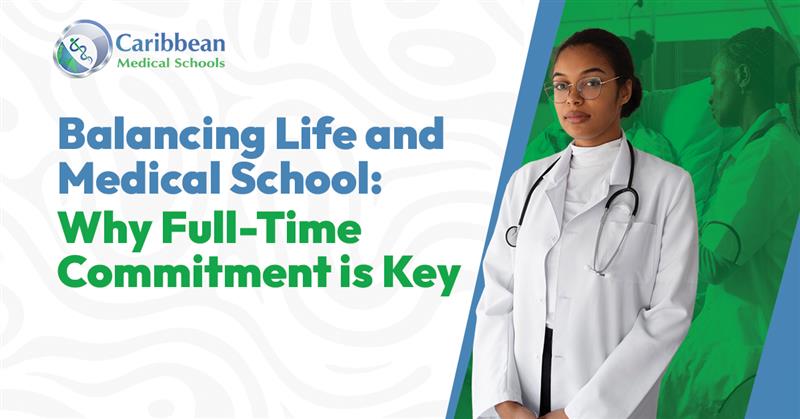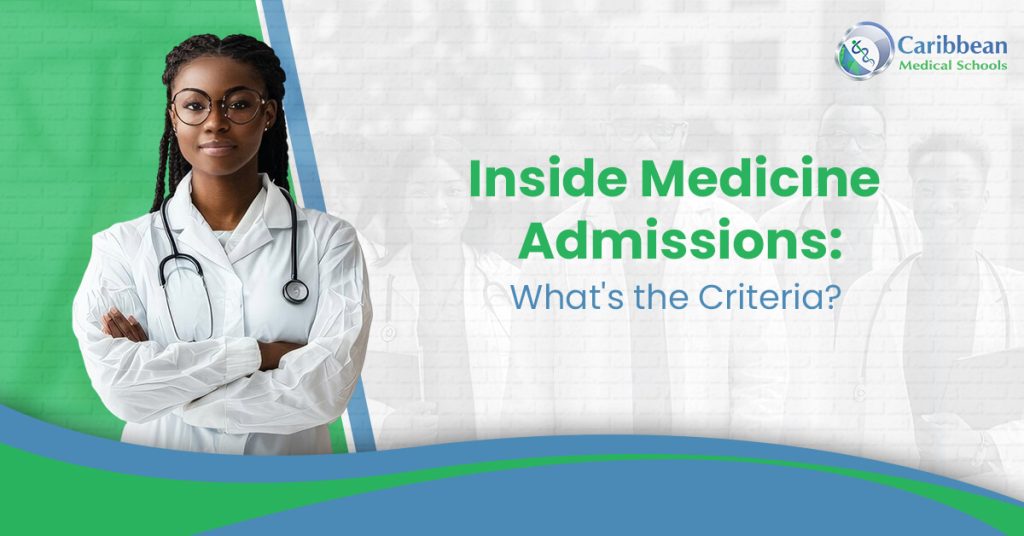Blog Summary
The White Coat Ceremony marks a defining moment in the life of every aspiring physician. Most recently, students at St. George’s University (SGU) took this significant step, donning their white coats in a symbolic initiation into the medical profession. Events like these not only celebrate tradition but also highlight the growing role of Caribbean medical schools in training the next generation of doctors.
At CaribbeanMedicalSchools, we spotlight such milestones—not just to celebrate them but to guide future students in making informed choices about their medical education across institutions like SGU, AUC, Trinity, Texila American University, and more.
A Meaningful Milestone in Medical Training
On May 3, 2025, SGU welcomed a new cohort of medical students at its Grenada campus. Each student was formally robed in a white coat and recited the Oath of Professionalism, pledging ethical conduct, respect for human dignity, and a lifelong commitment to learning.
While SGU’s ceremony stands out, similar White Coat Ceremonies are held across respected Caribbean institutions, including AUC, Ross, Avalon, Trinity, and Texila American University (TAU)—each upholding the foundational values of medical practice.
These events reflect a decisive cultural shift, where students from diverse global backgrounds unite under a shared vision of becoming competent and compassionate physicians.
Why This Moment Matters
The white coat is more than just a garment—it’s a symbol of trust, duty, and purpose. For students and their families, the ceremony represents the culmination of years of dedication and the beginning of a profound journey.
“When you put on that coat, you’re not just starting medical school—you’re accepting the privilege to heal,” shared one faculty speaker during the event.
At CaribbeanMedicalSchools, we document these experiences to provide prospective students with a real-world perspective on life before, during, and after medical school in the Caribbean.
A Region of Diversity and Opportunity
Caribbean medical schools are increasingly seen as global gateways for future physicians. SGU’s incoming class alone includes students from over 100 countries—proof that this region has become a melting pot of talent.
But it’s not just SGU. Institutions like the American University of Antigua College of Medicine (AUA) and Texila American University (TAU) also offer the following:
- U.S.-based medical curricula
- Clinical rotations in the U.S., UK, and other countries
- USMLE and MCCQE exam preparation
- Culturally rich and inclusive campuses
- Expanding opportunities in research and global health
Each school has its strengths—and that’s where CaribbeanMedicalSchools comes in. We help students explore these institutions side by side so they can choose what fits them best.
Your First Step: Research Without Bias
One of the biggest challenges medical aspirants face is cutting through promotional noise. That’s why we created this platform—to serve as a neutral, student-first directory where you can:
- Compare entry requirements
- Access verified news, student stories, and event recaps
- Learn about scholarships and financial aid
- Stay updated with application deadlines
- Discover viable alternatives to traditional U.S. and Canadian schools
Whether you’re considering SGU, AUC, TAU, Ross, Avalon, CMU, or Trinity, you’ll find up-to-date, unbiased insights here.
Real Stories That Inspire
Student testimonials reinforce one message: the White Coat Ceremony is life-changing.
“When my name was called, and the coat was placed on me, I felt I was finally stepping into my calling,” said Ayesha, a new student at a Caribbean medical university.
“It’s not just a medical school. It’s a family. We’ve come here from across the world, and we’re all chasing the same dream,” added James from Jamaica.
“Wearing the white coat at Texila was the moment everything became real. It wasn’t just about becoming a doctor—it was about embracing the responsibility to create real change in people’s lives,” said Ms. Marlecia Caesar, a Doctor of Medicine student at Texila American University in Guyana.
These shared moments unite students across institutions—from SGU, AUC, and TAU to Ross, Avalon, CMU, and Trinity—in their collective journey toward a career in medicine.
Conclusion: From Ceremony to Career
The White Coat Ceremony is more than a ritual—it’s a declaration of readiness and responsibility. Across the Caribbean, thousands of students embark on this transformative path each year. As they begin this journey, CaribbeanMedicalSchools remains a trusted companion—tracking events, comparing programs, and empowering students to make informed decisions backed by facts, not just appearances.
Do all Caribbean medical schools conduct a White Coat Ceremony?
Yes, all reputable institutions—including SGU, AUC, Trinity, TAUCOM, Avalon, CMU, and others—host this ceremony to welcome students into the medical profession.
What does the white coat symbolize?
It signifies a student’s entry into medical training and their commitment to professionalism, integrity, and patient care.
Why consider Caribbean medical schools?
They offer strong clinical training, international exposure, and more accessible admissions, making them a viable option for students from North America, Asia, and Africa.
What role does Caribbean MedicalSchools play?
We serve as an independent directory and information hub for all primary Caribbean medical schools—offering comparisons, events, timelines, and verified resources.
What accreditations should students check before joining a Caribbean medical school?
Students should ensure that the school is approved by the country’s education authority and accredited by a recognized body, such as CAAM-HP or ACCM. The school should also be listed in the (WDOMS) World Directory of Medical Schools, which is essential for USMLE eligibility. If students plan to practice in the UK, they should verify whether the school is recognized by the General Medical Council (GMC).

